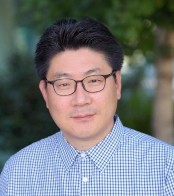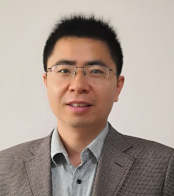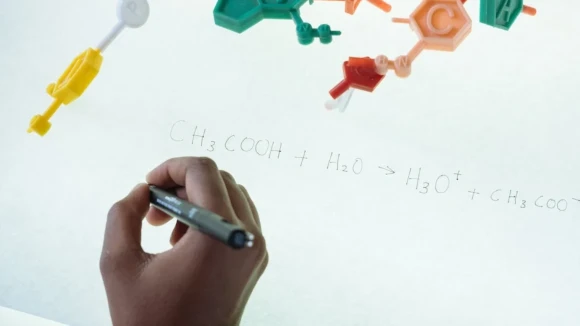 Ji Hoon Ryoo is a Quantitative Methodologist in education and psychology. With expertise and leadership in biostatistics, statistics, and psychometrics, he carries out research projects in the social and behavioural sciences. He has a broad background in education (including educational measurement, school psychology, and maths/science/special education), medical fields (including brain-based imaging, genetics, and dementia), psychology (including behaviour, emotion, and cognition), and statistics (including multilevel and longitudinal data analysis, structural equation modelling, experimental design, and meta-analysis). Specifically, his main area of expertise lies in statistical modelling in longitudinal and multilevel data analyses and latent variable modelling. Dr Ryoo is working on including mathematics/science education, special education, and school climate/partnerships in middle and high school settings.
Ji Hoon Ryoo is a Quantitative Methodologist in education and psychology. With expertise and leadership in biostatistics, statistics, and psychometrics, he carries out research projects in the social and behavioural sciences. He has a broad background in education (including educational measurement, school psychology, and maths/science/special education), medical fields (including brain-based imaging, genetics, and dementia), psychology (including behaviour, emotion, and cognition), and statistics (including multilevel and longitudinal data analysis, structural equation modelling, experimental design, and meta-analysis). Specifically, his main area of expertise lies in statistical modelling in longitudinal and multilevel data analyses and latent variable modelling. Dr Ryoo is working on including mathematics/science education, special education, and school climate/partnerships in middle and high school settings.
 Baichang Zhong is a Full Professor in the School of Information Technology in Education at South China Normal University, and the Director of the Department of Information Technology in Education, before which he was a Full Professor in the School of Education Science at Nanjing Normal University. He leads the Special Interest Group of Maker and Interdisciplinary Education (SIG-MIE) at Information Technology Education Professional Committee of China Education Technology Association. His research interests focus on Education including Information Science & Technology Education, Robotics Education, Maker Education, STEM Education, AI Education, Education Policy, PjBL, Cooperative/Collaborative Learning, among others.
Baichang Zhong is a Full Professor in the School of Information Technology in Education at South China Normal University, and the Director of the Department of Information Technology in Education, before which he was a Full Professor in the School of Education Science at Nanjing Normal University. He leads the Special Interest Group of Maker and Interdisciplinary Education (SIG-MIE) at Information Technology Education Professional Committee of China Education Technology Association. His research interests focus on Education including Information Science & Technology Education, Robotics Education, Maker Education, STEM Education, AI Education, Education Policy, PjBL, Cooperative/Collaborative Learning, among others.

